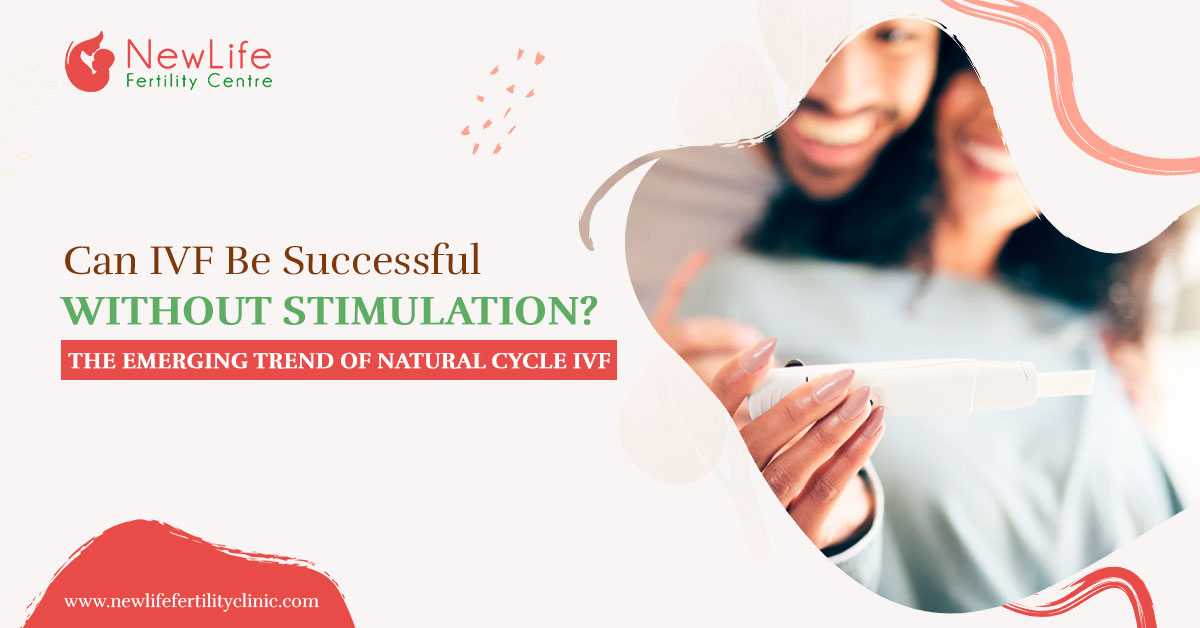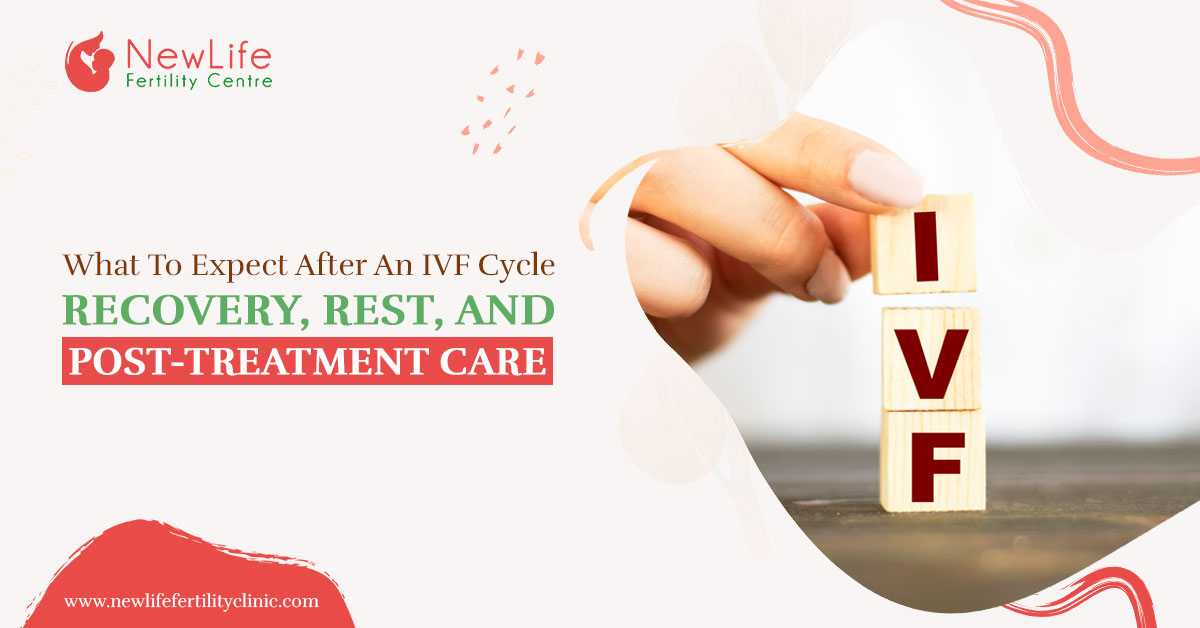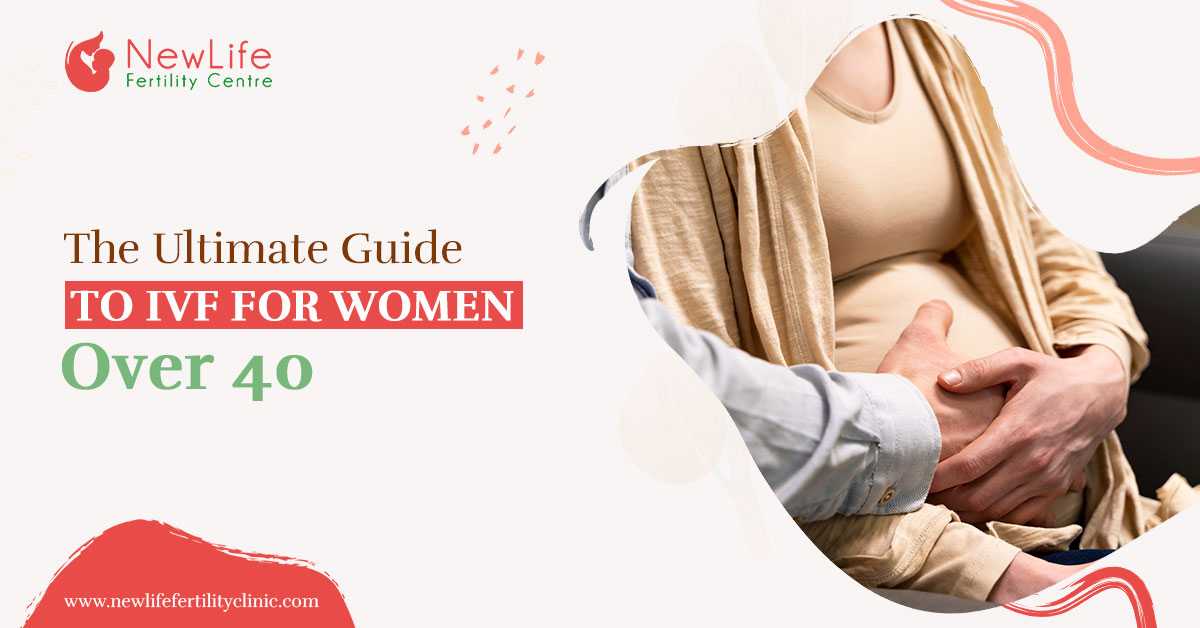What is primary ovarian insufficiency (POI)?
Primary ovarian insufficiency (POI), also referred to as a premature ovarian failure, happens when a womans ovaries pack up normally before she is 40.
Many women naturally experience reduced fertility once they are about 40 years old. theyll start getting irregular menstrual periods as they transition to menopause. for ladies with POI, irregular periods and reduced fertility start before the age of 40. Sometimes it can start as early because of the teenage years.
POI is different from premature menopause. With premature menopause, your periods usually end before you turn 40. You'll not get pregnant. The cause is often natural or it is often a disease, surgery, chemotherapy, or radiation. With POI, some women still have occasional periods. They'll even get pregnant.
What causes primary ovarian insufficiency (POI)?
In about 90 percent of cases, the precise explanation for POI is unknown.
Research shows that POI is said to problems with the follicles. Follicles are small sacs in your ovaries. Your eggs grow and mature inside them. One sort of follicle problem is that you simply run out of working follicles before normal. Another is that the follicles arent working properly. In most cases, the explanation for the follicle problem is unknown. But sometimes the cause maybe
- Genetic disorders like Fragile X syndrome and Turner syndrome
- A low number of follicles
- Autoimmune diseases, including thyroiditis and Addison disease
- Chemotherapy or radiotherapy
- Metabolic disorders
- Toxins, like cigarette smoke, chemicals, and pesticides
Who is in danger of primary ovarian insufficiency (POI)?
Certain factors can enhance a womans risk of POI:
Family history- Women who have a mother or sister with POI are more likely to possess it.
Genes- If your mother is suffering from POI, you are likely to be affected. Genetic conditions put women at higher risk for POI. for instance, women Fragile X syndrome or Turner syndrome are at higher risk.
Certain diseases like autoimmune diseases and viral infections
Cancer treatments like chemotherapy and radiotherapy
Age- Younger ladies can get POI, but it becomes more common between the ages of 35-40.
What are the signs and symptoms of primary ovarian insufficiency (POI)?
The first sign of POI is typically irregular or missed periods. Later symptoms could also be almost like those of natural menopause:
- Hot flashes
- Night sweats
- Irritability
- Poor concentration
- Decreased drive
- Pain during sexual intercourse
- Vaginal dryness
For many women with POI, trouble getting pregnant or infertility is that the reason they are going to their health care provider.
What other problems can be caused by POI
Since POI causes you to possess lower levels of certain hormones, youre at greater risk for other health conditions, including
- Anxiety and depression
- Dry eye syndrome and eye surface disease
- Heart disease
- Infertility
- Low thyroid function
- Osteoporosis
How is primary ovarian insufficiency (POI) diagnosed?
To diagnose POI, your doctor may do the following
- A medical record, including asking whether youve got relatives with POI
- A bioassay, to form sure that you simply arent pregnant
- A physical exam, to seem for signs of other disorders which might be causing your symptoms
- Blood tests, to see surely hormone levels. You'll even have a biopsy to try to chromosome analysis. A chromosome is a part of a cell that contains genetic information.
- A pelvic ultrasound, to ascertain whether or not the ovaries are enlarged or have multiple follicles
How is primary ovarian insufficiency (POI) treated?
Currently, theres no proven treatment to revive normal function to a womans ovaries. But there are treatments for a few of the symptoms of POI. There also are ways to lower your health risks and treat the conditions that POI can cause:
Calcium and vitamin D supplements- Because women with POI are at higher risk for osteoporosis, you ought to take calcium and vitamin D a day.
In vitro fertilization (IVF)- If youve got POI and you would like to become pregnant, youll consider trying IVF.
Regular physical activity and healthy weight- Getting regular exercise and controlling your weight can lower your risk for osteoporosis and heart condition.
Treatments for associated conditions- If youve got a condition thats associated with POI, its important to treat that also. Treatments may involve medicines and hormones.






